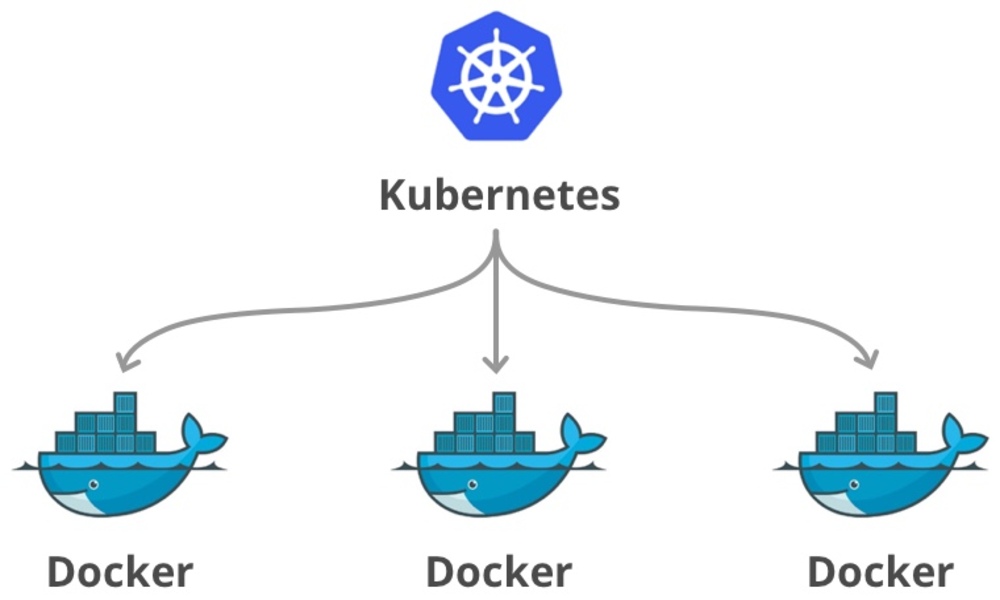What Is Docker
Docker is a containerization software platform that allows you to create, test, deploy, delete applications rapidly. The Docker Container have all the binaries and software needed to host an application. Docker allows you to rapidly scale applications which becomes very helpful in times of heavy customer usage, and can be used to scale down resources whenever customers arent using the application. Containers are similar to virtual machines, however the main differece is that containers arent totally isolated since they share the users kernel. The kernel gives the user complete comtrol over everything in the system, its the core component of a computer's O.S or operating system. Containers are run using images which is a read-only template that lists instructions that are used to create a Docker container. While Virtual Machines on the other hand, are run on top of the software layer called a hypervisor or hyper-v, and they are completly isolated from the host O.S infact it uses a whole sepereate O.S that it uses. Unlike containers that are used to run and execute a single task, a VM is capable of executing a wide range of tasks simultaenously.
If deploying software is hard, time-consuming, and requires resources from another team, then developers will often build everything into the existing application in order to avoid suffering the new deployment penalty.
- Karl Matthias
Benefits Of Containerization?
- Quicker App start-up
- Agility
- Efficency
- Flexibility
- Improved Security
- Faster Delivery
Docker & Kubernetes
Kuberntes is an orchestration tool, which interacts with containerized applications. Kubernetes allows you to bring in multiple servers either physical or virtual and add them together to form what is known as a cluster. These servers are called nodes, and each node can be used to host containerized applications called pods. Multiple pods that are created together is called a deploymnet, this deplyment also contains an extra replica of the application that is being hosted in the container. hdf
Kubernetes Cluster Management
Kubernetes cluster management is how an IT team can manage multiple servers, and those servers will be used to host containerized application. Kubernetes clusters can range from data centers in different regions. The different clusters are used to host different enviornments including a production, testing, and development, so that way you can test your applications functionality before it being deployed in the production enviornment. Kubernetes cluster has a desired state, which is a clear set of instructions on how kubernets should keep the cluster. This desired state includes which applications should be running, along with which image shoudl use, which resource of manifest should be made available, and then the configuration details.
Benefits Of Kubernetes?
- Cost Reduction
- Rapid Deploymeent
- Quicker identifacation of errors
- Ensure Infrastructure cosnsitency
- Elimiate configuration Drift
- Quciker resolve of Errors



Caroline Caldwell
July 08, 2021
ReplyJames Copas
July 08, 2021
ReplySherry Oliver
July 08, 2021
Reply